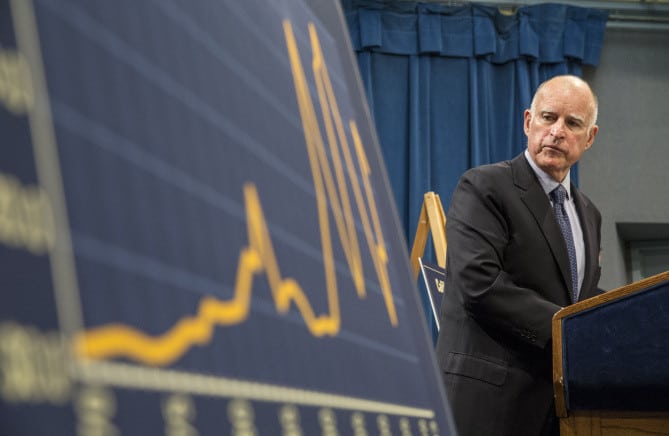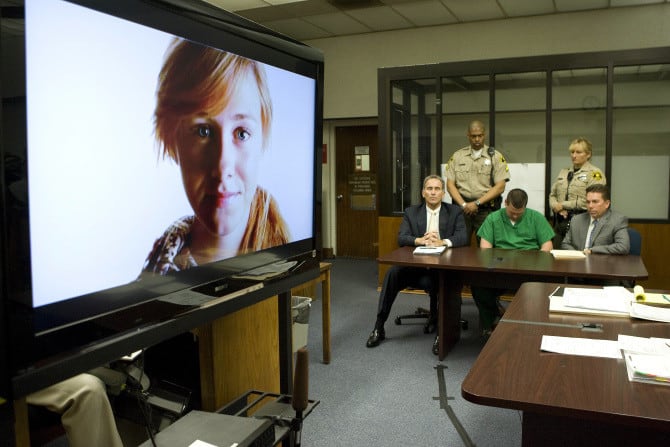New Year’s Day always brings new hope and earnest resolutions. Maybe that’s why the first week of January seems the most crowded time of the year — at every local gym!
The state Legislature feels the same sense of excitement, only it’s not a newfound commitment to physical fitness. My colleagues in Sacramento are instead pumped up for a daily regimen of pet projects and favored programs long-denied by the fiscal belt-tightening of recent years.
One can practically hear “Happy Days Are Here Again” echoing in the state Capitol in anticipation of the spending spree to come.
While I understand their desire to go on a post-holiday binge, I hope that in making their wish list they’ll not only check it twice, they’ll opt for a different tune: “Money Can’t Buy Me Love.”
For the first time in many years, California is indeed taking in more revenue than it is spending, and this fiscal year is estimated to end with an additional $2.4 billion in the General Fund. This follows some of the worst budget eras in history, which forced the state controller to issue IOUs as recently as 2010.
To me, this year’s surplus is proof California has the ability to live within its means when it wants to — the challenge is in syncing up how much it spends with how much is available. But if you want a sense of how that $2.4 billion is viewed in the state Capitol today, think of a starving man and a steak dinner.
The fact is California achieved this surplus partially through the capital gains of a rising stock market and primarily the additional revenue from Prop. 30, which temporarily increased taxes on upper-income earners with promises of specific state spending.
Rarely discussed is the fact that Prop. 30 also collected billions of dollars from taxpayers retroactively. This was controversial at best and confiscatory at worst and one of the reasons I opposed it. Also, the state will only collect this tax one time, and Sacramento has a habit of treating one-time windfalls as everlasting floods of cash.
Speaker John Perez recently set an encouraging tone: “While the surpluses and increased revenue projections are welcome after so many years of recession and deficit, our job now is to maintain the fiscal prudence that put us in this favorable position.”
So, too, did Gov. Jerry Brown, who said last year, “We will spend where appropriate, but we’ll be tough and keep things pretty even. Money today doesn’t necessarily mean money tomorrow.”
While there is no shortage of input, I hope to offer three steps:
First, Republicans, Democrats, and Brown should uphold the spirit of Prop. 30 by earmarking those dollars as promised to the voters.
Second, we need a sequel to the bipartisan majorities that came together in the state Legislature last year when Democrats joined Republicans to defeat new tax increases, stop assaults on Prop. 13 and thwart attempts to preempt vital energy exploration and development. With many of these bad ideas — and others — looming in 2014, this coalition’s reappearance is necessary.
Third, let’s take an open-minded approach to Brown’s just-released budget framework.
While there are disagreements — there always are — it is right to prioritize existing revenue to pay down state debt, reimburse funds owed to K-12 schools and set aside $1.6 billion as a first step in building a rainy day fund for the tough times we know will return.
In that same optimistic spirit of early January, let’s resolve that instead of only future spending, we take on the needs of today and stop throwing good money at questionable solutions.
Wouldn’t that make for a Happy New Year?
Eric Linder, a Corona small business owner, represents the 60th Assembly District in the California Legislature.




